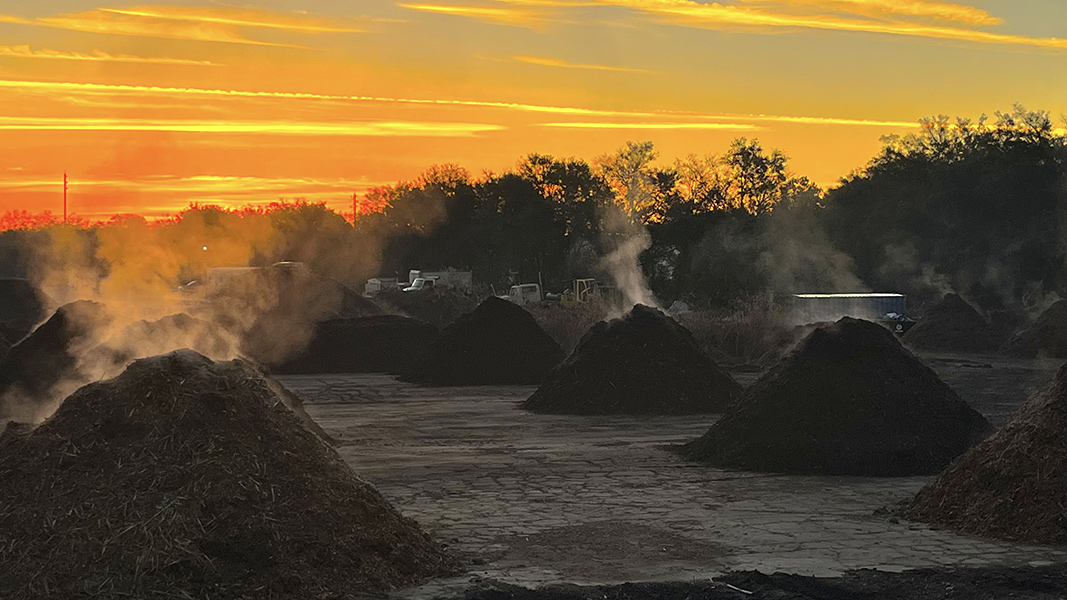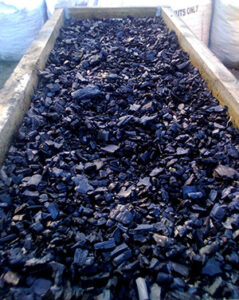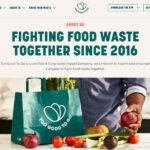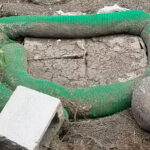Top: Compost Jax is on a 12-acre site in the City of Jacksonville.
Mike Kelcourse grew up in the waste industry in southern Maine, where his family owned and operated a solid waste and recycling collection company and a materials recovery facility. His family lived on a farm, where composting was an ongoing practice. About 9 years ago, Kelcourse moved to Jacksonville, Florida, where he started a recycling collection company. “Then I read an article four or five years ago in one of the trade magazines about the lack of food waste composting infrastructure from Atlanta, Georgia to Orlando, Florida,” he recalls. “We decided to open the first commercial-scale facility in the region. I spent time with a food waste composting company in California to learn the ropes, and in 2020, leased a 12-acre property in the City of Jacksonville. We spent the next 2.5 years getting it permitted at both the state and local levels and opened for business in July 2022.”
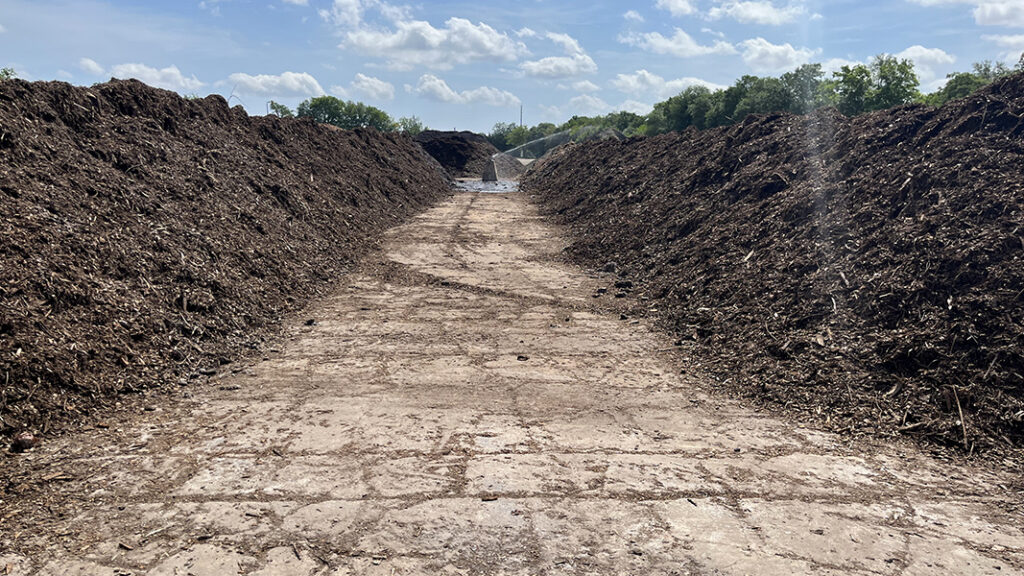
Incoming food waste is mixed with ground yard trimmings and put in windrows. Moisture is added when needed to optimize the composting process. Images courtesy of Mike Kelcourse
The company was founded as Sunshine Organics & Compost. The site in Jacksonville does business as Compost Jax. Kelcourse notes it was relatively straightforward to get a solid waste facility permit from the Florida Department of Environmental Protection, which requires having an impervious surface and a bond. “The site had a concrete pad, which met that requirement,” he explains. “We also had to put in separate leachate and storm water collection capacity.” The bigger challenge in terms of permitting was getting approval from the City of Jacksonville, which took over two years — primarily because food waste composting was a new type of infrastructure for the city. “Ultimately, as part of our zoning for the site, we are not allowed to accept meat and fish due to odor concerns expressed by residents near the site,” adds Kelcourse.
Compost Jax accepts pre and postconsumer vegetative food waste and bakery products, dairy products, agricultural and forestry waste, yard trimmings, BPI-certified compostable foodservice ware and liner bags, soiled paper, pizza boxes and more. It receives food manufacturing residuals from local companies including spent brewery grains, eggplant breading, and bread waste. “All of these manufacturers are close to our site,” notes Kelcourse. “Incoming food waste is put in a pit and then mixed with ground yard waste and put into turned windrows. In addition to composting, we also have two kilns to make biochar from local cyprus wood scraps.” End products include soil blends, mulch, compost and biochar. The company offers collection services, as is currently involved in a pilot with the City of Jacksonville to pick up food waste from participating restaurants.


